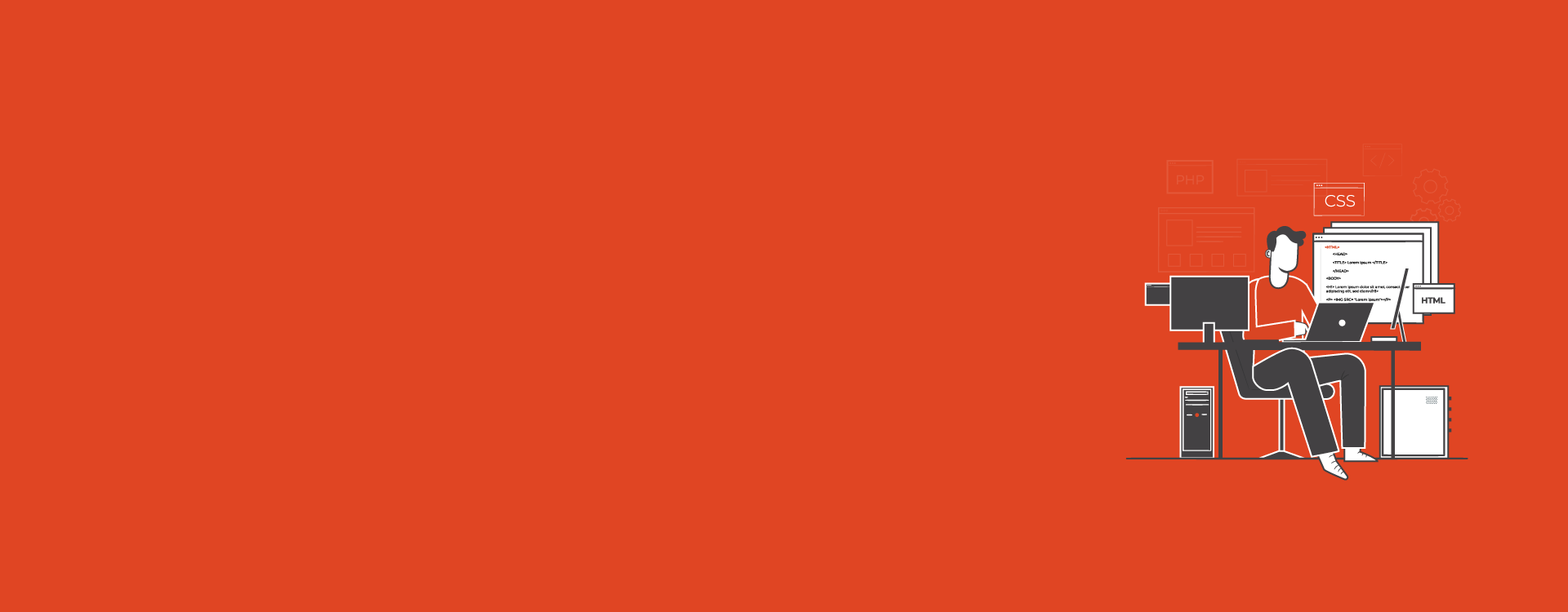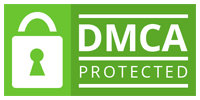Do you ever feel that CMS is better than PHP Framework? Or PHP Framework is better. This blog will tell you about the technicalities associated with both the technologies. When you look out for a web development company knowing these distinctive features of both technologies will make the things easier for you.
CMS stands for Content Management System. The businessmen can manage the content of the website based on CMS. The user can log in and access any functions of the website. E-commerce websites are also developed on CMS where you can add new products; change the text on any page, change pricing and manage inventory. You don’t need to call the developer to make any changes; once you get the back-end access, you can manage the website on your own without much of efforts. Wordpress, Joomla, and Drupal are the most popular CMS platforms.
In PHP like frameworks, codes are written by a developer within a predefined set of rules. Developers develop applications and modules using core library functions in the primary language of PHP. Various other features are added to the website using other frameworks. Here, the website is used by the actual maintained by the technical users. Since there is a lot of programming language involved in the functioning of the website, so naturally a non-technical user would not understand. Lavavel, Zend Framework, and CodeIgniter are the popular PHP frameworks.
Before you go for developing a website based on either CMS or PHP framework, consider four significant features in building and maintaining a website:
When the world is discussing and debating the issues related to data theft, the security remains the biggest concern for any online business website or application. The hackers always attack those websites which are less secure, and they change login to the website to destroy and change it.
The CMS based websites are an open source, and anyone can access the code base. That’s why many developers develop plug-ins, modules or widgets for CMS. The developers launch a newer version of that feature with a safe code whenever they find vulnerabilities. It is advised to reliable install plug-in on a CMS site, only from trusted sources.
PHP frameworks are more secure, because of the customized codes used thus making it more difficult to hack. Built-in functions like SQL Injection, Cross-Site Request Forgery (CSRF) and Cross Site Scripting (XSS) are used in the most frameworks for encrypting and protecting against common vulnerabilities.
If a website is well-developed in the PHP framework, it makes the website less vulnerable.
The second feature is flexibility. When you develop a website, depending on the business requirements, different third-party applications are integrated into the website for different functions.
Salesforce is integrated with a CRM website to send contract registration data. Same is FileMaker which is used for the custom order processing.
Though a variety of functions in the application are integrated into CMS website, they are not flexible. Therefore, it restricts the creativity on many occasions since the applications are pre-made.
CMS websites demand a lot of custom development because there are many modules and plug-ins. In the framework, library functions can be customized based on your business requirements.
PHP frameworks are way ahead of CMS regarding flexibility.
Upgrades are a crucial part of a business website to match the current trend with the latest code functions which increases the website security.
CMS has regular updates almost every month. You need to update the website with the latest upgrades as soon as it is available. If the website is not updated, the website would definitely function but will be less secure and will not be user-friendly.
Unlike CMS, Frameworks don’t have frequent updates. New features are available at a particular interval, not every month but without updating the website will be as secure and functional as it was before.
CMS websites are easy to use, and content management is also easy. The business owners having the CMS website can change the content without the help of the developer. Responsive themes are available on the CMS so that the website will differ based on the screen sizes. Thus, CMS is more user-friendly.
Default standard user interfaces are not available in the PHP framework; this is the reason why CMS is so user-friendly. Developers can use the available library functions to create an interface. To give users the best experience, developers use CSS frameworks like SASS or Bootstrap with PHP frameworks.
Now, you know the core functions of both the PHP framework and CMS. It depends on the kind of your business and requirements, then decides which technology is better for you. We, at Dream Steps, understand both the technologies and know about its pros and cons that’s why we can help you to invest in the technology which yields better returns on investment.





Leave a Comment